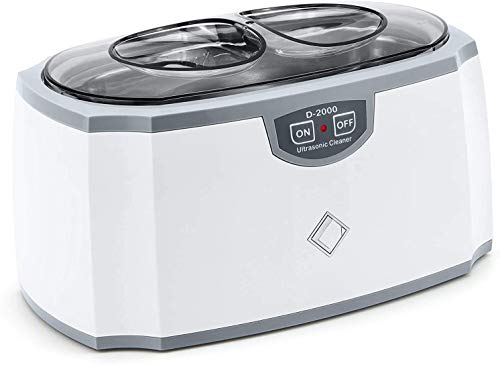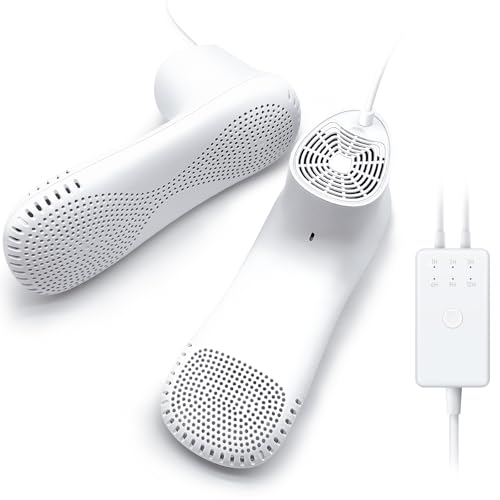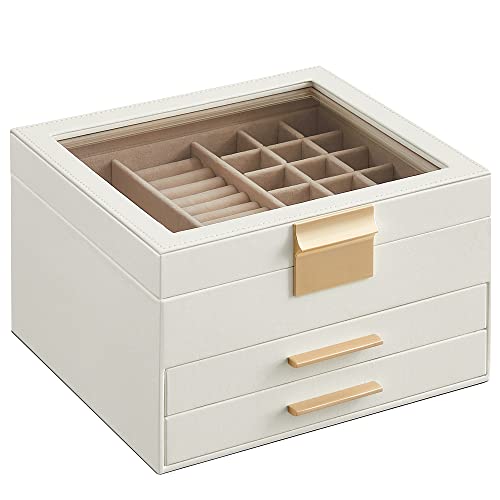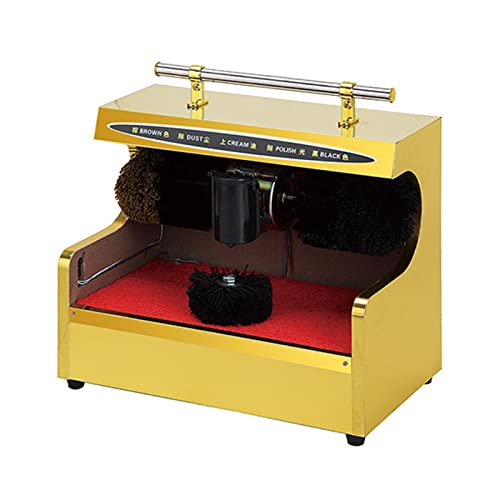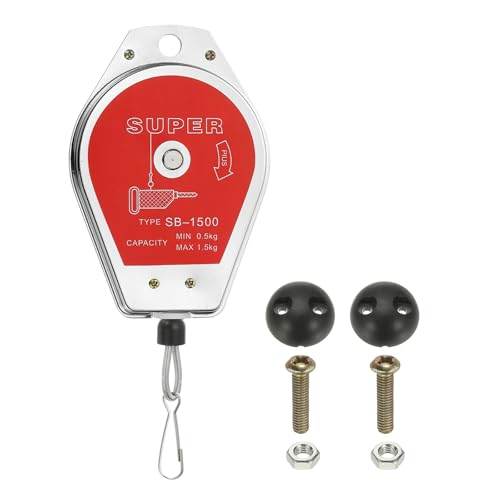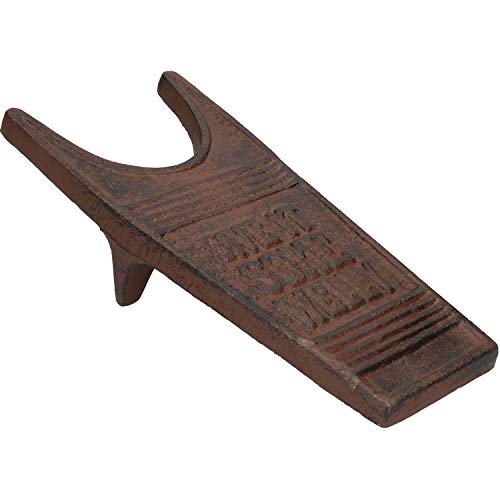Understanding Leveling Instruments: What They Are and How They Work
What Are Leveling Instruments?
Leveling instruments are tools designed to establish a horizontal plane and measure height differences across distances. Imagine you’re setting up a fence or building a shed; ensuring that everything is level will make your project look professional and function correctly. Leveling instruments come in various forms, including spirit levels, laser levels, and optical levels, each employing different methods to achieve the same end goal of precision.
How Leveling Instruments Function
At their core, leveling instruments work by compensating for gravitational pull. For instance, a spirit level has a sealed vial containing liquid and a bubble. When the bubble is centred between two lines, you know the surface is level. On the other hand, laser levels project a beam of light across the work area, allowing you to see exactly where your level line falls even across larger distances, simplifying alignment and height marking tasks.
Choosing the Right Leveling Instrument for Your Project: Key Features to Consider
Understanding Your Project Requirements
When selecting a leveling instrument, we must first gauge the specific demands of our project. For small home tasks, like hanging pictures or ensuring furniture is level, a simple spirit level could suffice. However, for extensive construction projects or landscaping, a laser level may offer the precision and range needed to cover larger areas without the hassle of manual adjustments.
Key Features to Look For
Consider features such as accuracy, range, and ease of use. Accuracy is essential to prevent costly mistakes; a deviation of just a few millimetres can snowball into significant issues in larger structures. The range is equally important; a laser level suited for a vast open field may not benefit someone working in a compact space. Additionally, look for user-friendly characteristics like automatic self-levelling, which saves time and effort while ensuring consistency.
Top Uses for Leveling Instruments in Various Industries: Practical Applications
Construction and Renovation
In construction, leveling instruments play a critical role. Whether we’re laying foundations or installing drywall, ensuring a level surface is essential for the stability and aesthetics of the final structure. Renovation projects, such as installing cabinets or aligning tiles, also heavily rely on these tools to maintain a professional finish.
Landscaping and Site Surveys
Landscapers utilise leveling instruments to ensure proper drainage and grading of land. Accurate elevation readings help avoid water pooling and guide the design process for features like patios and pathways. In site surveying, precision levels help define boundaries and feature placement, ensuring regulations and aesthetic visions align.
Comparing Popular Types of Leveling Instruments: Advantages and Best Uses
Spirit Levels vs. Laser Levels
Spirit levels are compact, easy to use, and perfect for small projects, making them ideal for tasks around the home. Laser levels, while potentially more expensive, offer greater range and convenience for larger jobs, projecting a continuous line. For those who often work on large-scale projects, investing in a laser level could significantly streamline tasks.
Optical Levels and Digital Variants
Optical levels are another popular option, commonly used in professional surveying; they provide a high level of accuracy at a reasonable price. Digital levels also exist, offering enhanced features like automatic readings and memory functions for repeated tasks. We recommend considering how often you will use these instruments; if precision is paramount on a regular basis, the investment may be justified.
Maintenance Tips for Leveling Instruments: Ensuring Accuracy and Longevity
Routine Checks and Calibration
To ensure our leveling instruments remain accurate, it’s vital to perform regular checks and calibrations. For example, a spirit level should be checked for accuracy by rotating it to see if the bubble stays centred. If we notice consistent deviations, it may be time for recalibration or replacement.
Proper Storage and Care
Storing leveling instruments in protective cases away from direct sunlight and extreme temperatures can prolong their lifespan. Regularly cleaning laser lenses and spirit level vials prevents buildup that can affect readings. By adopting these simple maintenance tips, we can enhance the performance and accuracy of our leveling instruments over time.





